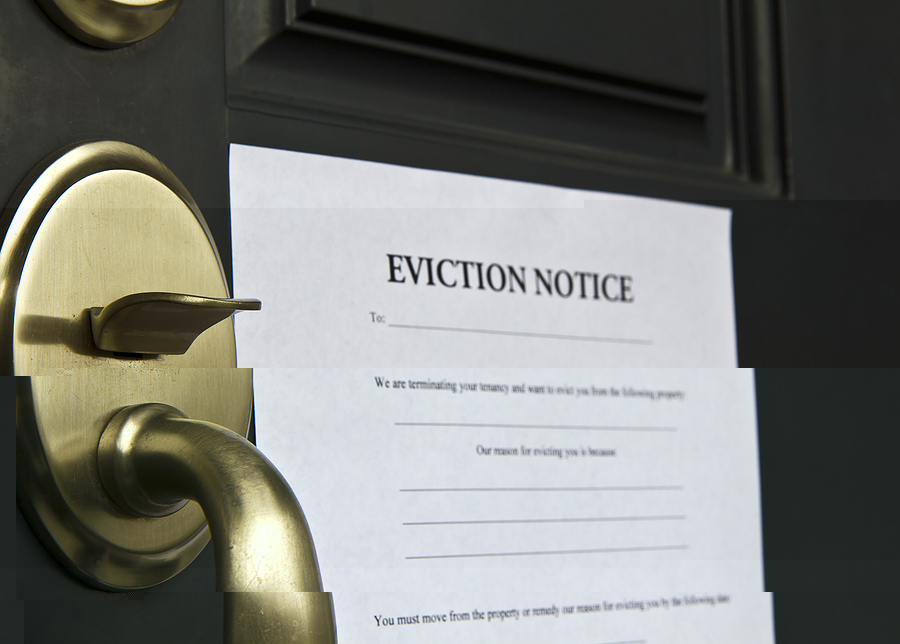Rejoicings that Sarah Teather's Private Members Bill had failed on the second reading in December 2014 were short-lived. Despite insufficient numbers being present in the House for the bill to succeed, there was sufficient support for it to become incorporated in the Deregulation bill. It seems a contradiction in terms that a bill which purports to reduce regulation will actually increase the legislation that governs how a landlord runs his business.
 However, it seems that when The Citizens Advice Bureaux and Shelter mount a campaign, the cavalry charge in and retaliatory eviction, which we thought had died the death, is resurrected in a slightly different form! The belief is that private landlords are evicting tenants that make a justifiable complaint about a repair issue. Despite evidence to the contrary, this seems to have been accepted without challenge, hence the calls now for legislation to end a practice which is not by any means wide-spread.
However, it seems that when The Citizens Advice Bureaux and Shelter mount a campaign, the cavalry charge in and retaliatory eviction, which we thought had died the death, is resurrected in a slightly different form! The belief is that private landlords are evicting tenants that make a justifiable complaint about a repair issue. Despite evidence to the contrary, this seems to have been accepted without challenge, hence the calls now for legislation to end a practice which is not by any means wide-spread.
They believe that where an eviction is a retaliation, the landlord should not be allowed to use the accelerated possession procedure by use of an s.21. It gives no credence to the idea that many tenants report mythical repairs maliciously and will make excuses for not paying rent, because of the same mythical repairs. When they become aware of the new legislation, there is the danger that they will in some cases create damage themselves and report it, so that a landlord cannot use an s.21 to end a tenancy, even where the landlord and tenant relationship has deteriorated beyond repair.
The RLA are calling it a charter for Anti-Social tenants and it is hard to disagree that this could occur. The difficulty lies in the great divide – the private sector landlords who know tenants and have experience with them and the politicians who don’t.
The All Party Parliamentary Group has made recommendations, should this become law. Some of them are sensible, including a formal definition of what retaliatory eviction is – ‘A practice whereby a landlord evicts or seeks to evict a tenant because they have raised a complaint about standards in the property’.
Amongst many points it makes, is a stipulation that where a tenant has not received an s.21 notice, they have the right to raise concerns with the local authority about the condition of the property. The local authority will inspect and if the complaint is accepted as legitimate, will serve the landlord with a notice to improve the property. An s.21 cannot then be served by the landlord for 6 months from service of the notice to improve. It does seem to recognise that some landlords are held culpable when the tenant has not reported the repairs that are needed.
They suggest that a similar procedure to that used for the tenancy deposit legislation be used – if a deposit is not protected, the landlord cannot use an s.21 notice; similarly, with a repair issue, the tenant would raise the issue with the landlord. Should he not respond, or the tenant be unhappy with the repairs, either party could take the matter to dispute resolution. If no resolution can be found, the matter would pass to the local authority to investigate and settle.
The Bill was passed in the reading on 11th February and now looks set to become law very shortly. Landlords need to be prepared. How?
A start would be by making sure that the tenancy agreement states that repairs must be reported in writing, possibly providing a proforma. The majority of landlords want to keep hold of good tenants. Most landlords act when repairs are reported to them, the few that don’t and would evict as retaliation will find themselves bound by the regulations. Good landlords have far more to worry about in the tenants who, once they know of this legislation, will use it to their own ends.
For advice on buy to let – General Knowledge








Be the first to comment on "Retaliatory evictions and the Deregulation Bill"